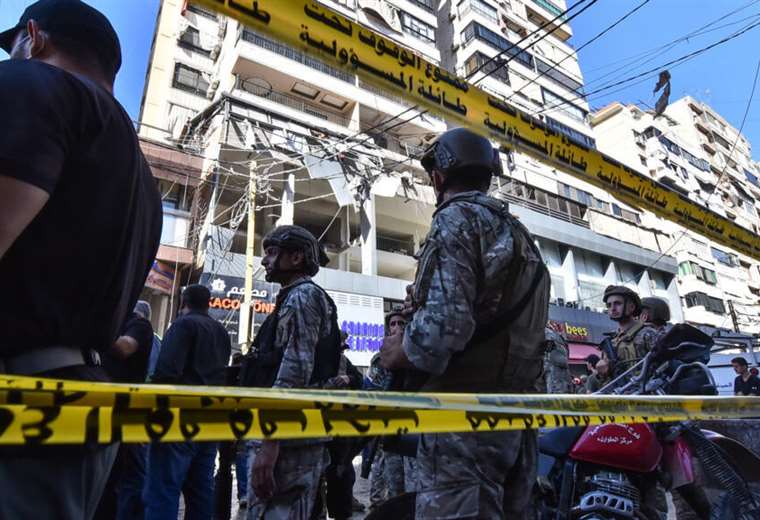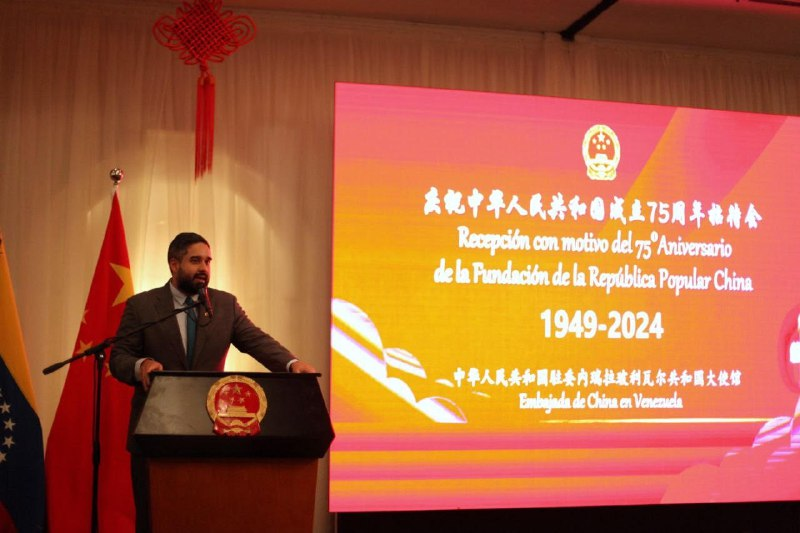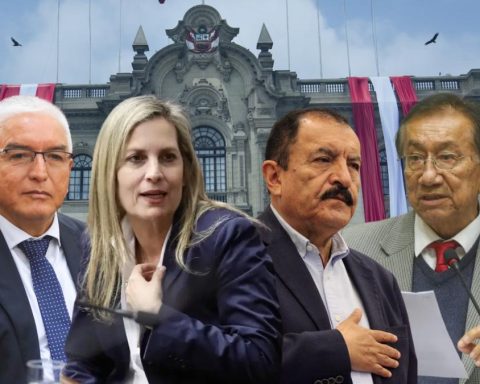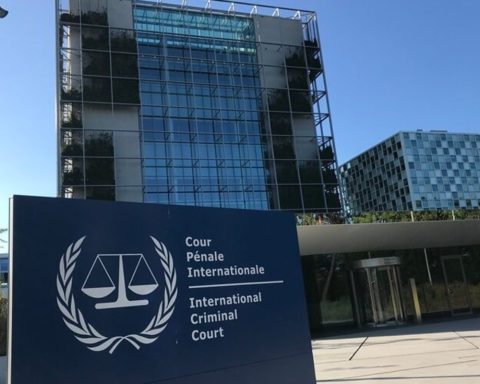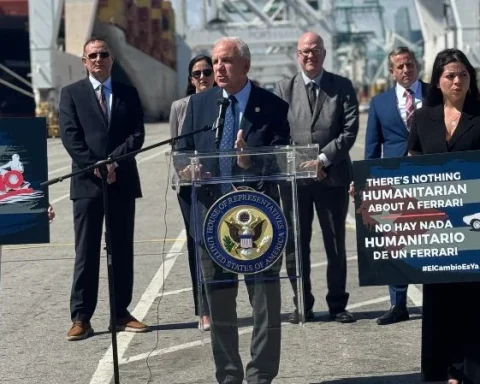September 27, 2024, 11:17 PM
September 27, 2024, 11:17 PM
Since launching an offensive against Israel in solidarity with Hamas following its October 7 attacks, Lebanese Hezbollah has been paying the consequences. Attacks against their strongholds, their military installations, their members and their families. But this situation is dragging an entire country, Lebanon, into war. Since Monday, September 23, more than 600 people, many of them civilians, have been killed in Lebanon. The last hope of a ceasefire has been dismissed by the Israeli Prime Minister. And the question of the future of the Shiite movement remains unanswered.
By Aabla Jounaidi, RFI special envoy to Lebanon
On Thursday, September 26, a missile attack hit a residential building in the southern suburbs of Beirut, killing several people. Israel once again claimed responsibility for a selective attack against a Hezbollah commander in this area controlled by the “Party of God.” “There were three missiles… they fell one after another,” one resident told RFI, “but it’s nothing! We saw others. “We are not afraid!”
These attacks, which are decimating its military command, are a blow to the Shiite movement. But its foundation remains solid. At least that’s what Talal Hatoum says. This resident of the damaged building is a member of the political bureau of the Shiite Amal movement, an ally of Hezbollah. “Israel is trying to break the will of this region and its people. It will fail, as it did in 2006. Then, this area was completely destroyed by Israeli bombings – he remembers – but it came back to life like a phoenix. It is up to the Resistance command to determine when and where it will respond to this attack.”
A key element to understanding the popularity of the Shiite movement, even among Lebanese of other faiths, is its support for the Palestinian cause. In Saida, southern Lebanon, Ahmed’s family fled Gaza in 1967. Today, he helps Lebanese fleeing the front lines as the border with Israel burns. “Lebanon’s position is noble for us Palestinians,” he admits, “the country fought to defend our people and Gaza. We are proud of our Lebanese brothers who support us in this ordeal by giving what is most precious to them, giving their blood. “This is not your war.” He explains that, to the best of their ability, they are helping those affected: “Many of them have relatives who have died on the front, or who are doing volunteer work there. So we try to take care of their families.”
“Why does no Arab country help the Palestinians? Why is Hezbollah the one who has to do it?”
For many Lebanese, what prevails is boredom. In front of the port of Beirut, disfigured as forever, Jean, an old Christian from Achrafieh, shares his opinion about Hezbollah: “It was Hezbollah who began to provoke Israel. It was a mistake, look, the south is devastated. And all those young people who die are also our children! Why does no Arab country help the Palestinians? Why is it up to Hezbollah to do it? Hezbollah has to withdraw. “It is a strong party, but it must be 100% Lebanese.”
But the issue is probably insoluble for the Shiite movement. Giving up weapons also means losing your political power.
